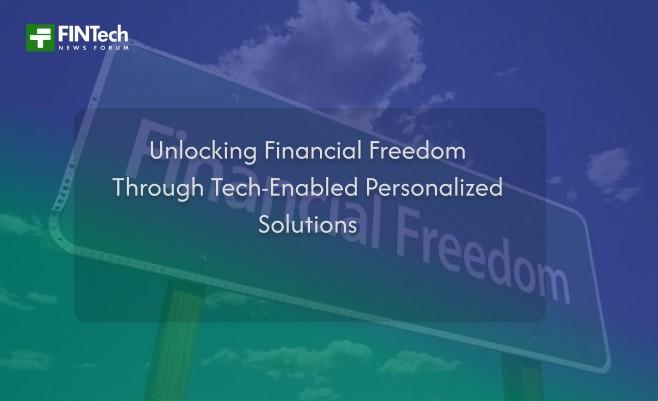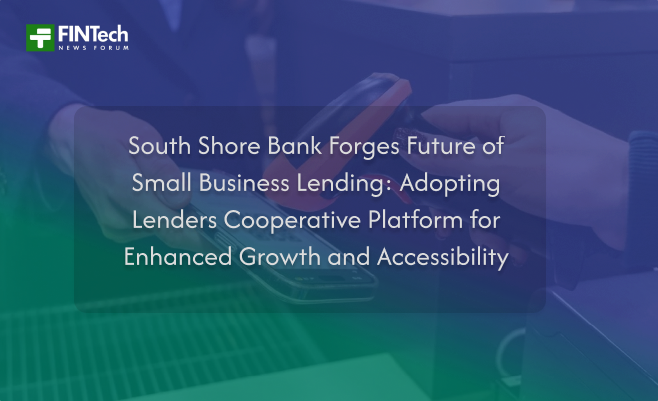
In today’s fast-paced business environment, agility is king. Organizations are constantly seeking ways to accelerate processes, reduce friction, and improve transparency in their financial operations. Complex business transactions—such as cross-border payments, multi-party settlements, and large-scale financing arrangements—often involve cumbersome steps, multiple stakeholders, and stringent compliance requirements. FinTech innovations are stepping in to simplify these complexities, unlocking unprecedented financial agility for businesses of all sizes.
Streamlining Cross-Border Transactions
Global trade and investment demand efficient cross-border payment solutions. FinTech platforms leverage blockchain, digital currencies, and API integrations to provide faster, cheaper, and more transparent international payments. This eliminates traditional banking bottlenecks and reduces the risk of errors, enabling businesses to transact smoothly across geographies.
Automating Multi-Party Settlements
Complex transactions often involve multiple parties such as suppliers, buyers, intermediaries, and financial institutions. FinTech’s automation capabilities streamline these workflows by managing approvals, reconciliations, and fund transfers through smart contracts and real-time ledger updates. This reduces delays and enhances trust among stakeholders.
Enhancing Transparency and Compliance
FinTech tools offer end-to-end visibility of transaction lifecycles through real-time tracking and immutable audit trails. Automated compliance checks ensure adherence to regulations like KYC, AML, and tax reporting, reducing risks and increasing accountability.
Integrating Seamlessly with Enterprise Systems
Modern FinTech solutions easily integrate with existing ERP, accounting, and treasury management systems, creating unified platforms for managing complex transactions. This integration reduces manual data entry, prevents discrepancies, and enables real-time financial reporting.
Empowering Data-Driven Decisions
By aggregating transactional data and applying AI-driven analytics, FinTech empowers finance teams to gain insights into payment patterns, cash flow trends, and counterparty risks. This intelligence supports proactive decision-making and strategic planning.
Conclusion
FinTech is revolutionizing the way businesses handle complex financial transactions by simplifying processes, increasing transparency, and enhancing compliance. By embracing these innovations, organizations can unlock the financial agility needed to compete and grow in an increasingly interconnected global economy. The future of business finance is not just about managing transactions—it’s about mastering them with speed, precision, and insight.















